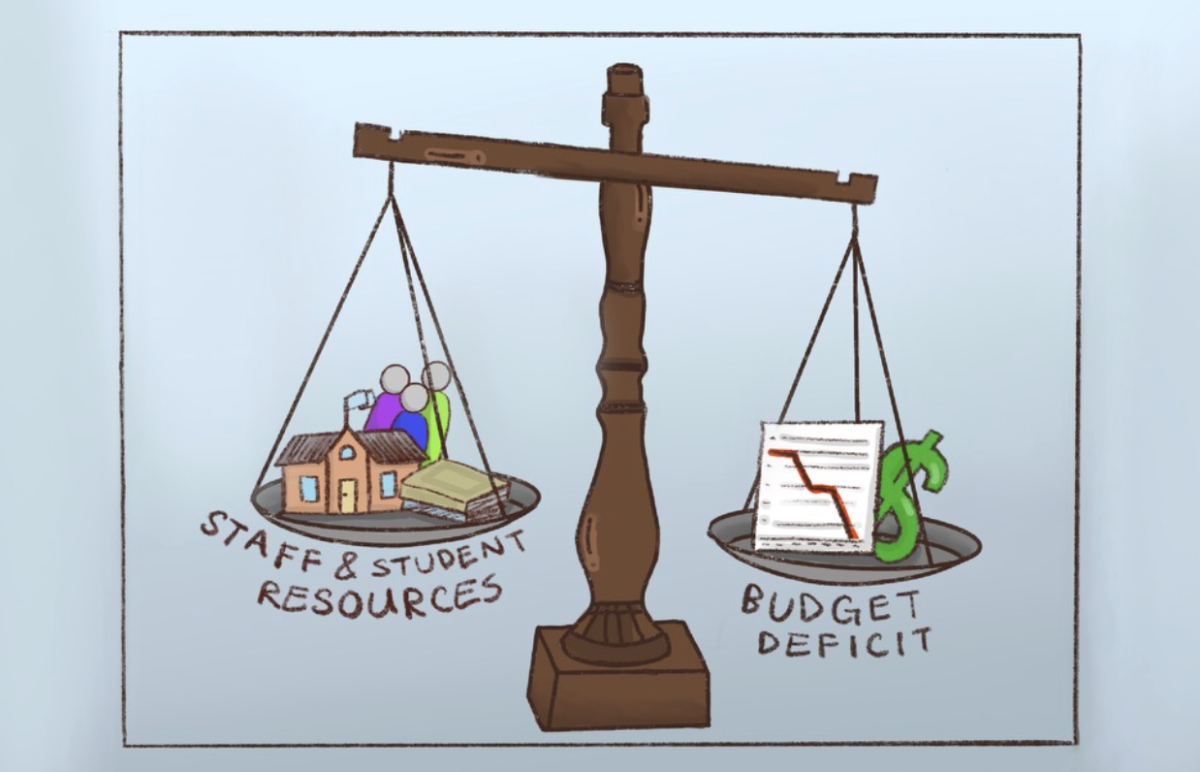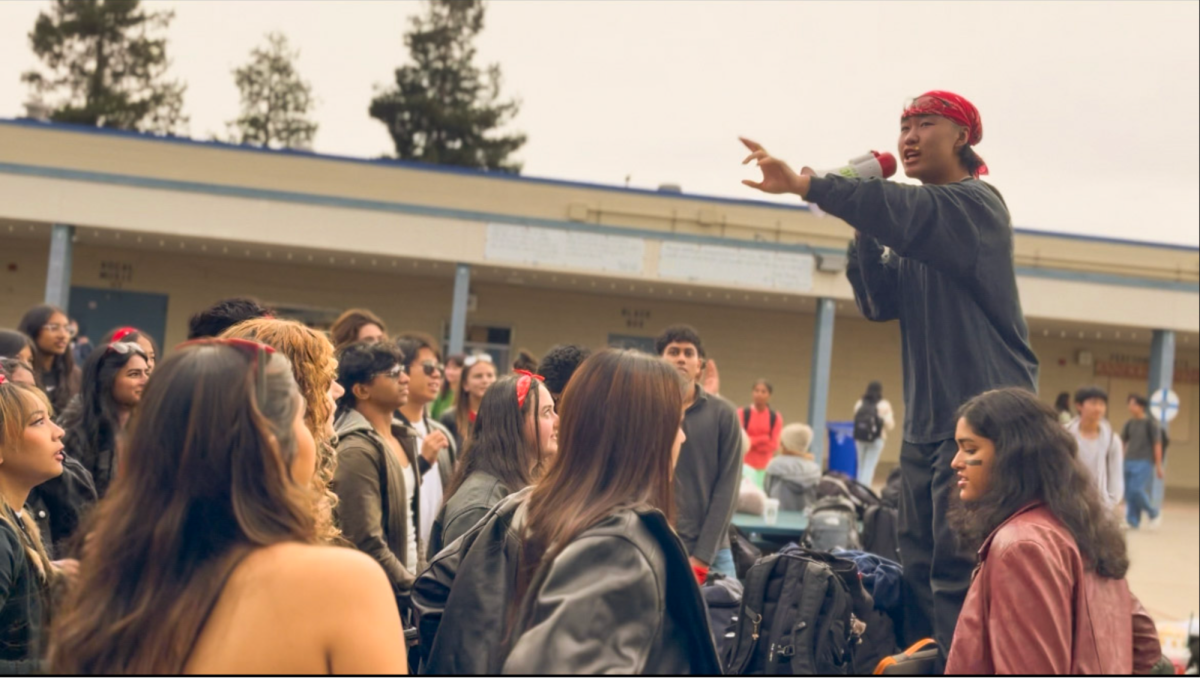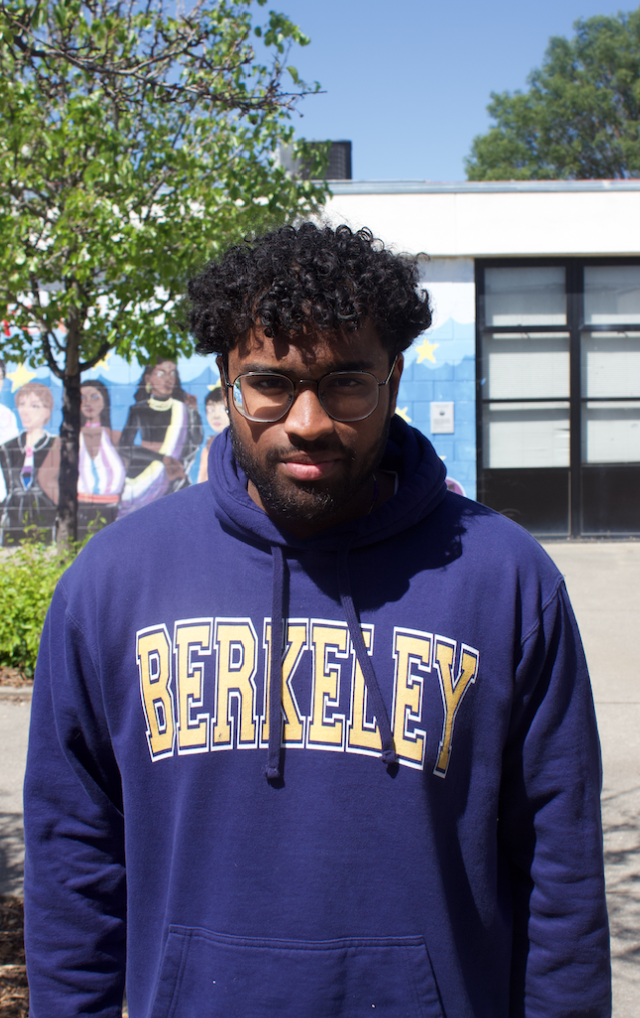The black-and-white movie drama “Fremont” was released in theaters on August 25, 2023, and premiered at the Sundace Film Festival. Although the writers seemed well-intentioned, incohesive snapshots of Donya’s life, coupled with slow-moving and ingenuine dialogue, and an overused resolution causes “Fremont” to be a poor attempt to portray the struggles of an Afghan translator finding her way in a new country.
“Fremont” begins by focusing on Donya’s work at a fortune cookie factory. In the first scene, the lack of emotion shown by characters to the previous cookie writer’s death sets a precedent for a flawed and ingenuine script, which is shown throughout the movie. The death itself was so sudden and artificial that it feels like the writer was joking until later when the factory manager reveals her death.
The movie then explores Donya’s friendship with another Afghan man who lives next door to her. She shares her sleeping issues, which were caused by survivor’s guilt, with him and he confides how the ever-moving stars in Fremont unsettle him because the stars’ positions are fixed back in Kabul. The intention of the writers to convey Donya’s unfamiliarity with her situation is clear, although their use of the stars as an example is random. The comparison seems superficial and written out, and since the movie is meant to be a raw representation of Donya’s life, this scene creates a conflicting atmosphere for the audience. The long awkward pauses throughout the scene furthers this atmosphere as there is obvious intent to make the scene seem real but the conversation feels stilted.
Donya also attends a therapist, recommended by Donya’s neighbor, who takes in pro bono patients. At first, she only asks for sleeping pills, but throughout the snippets of different therapy sessions, her survivor’s guilt of leaving her family in Kabul is revealed as she opens up. Only in these therapy sessions is any sense of character development shown, and even the little character development seems to be more like her just becoming more acclimated with the therapist. While she does start to open up about how she feels with the therapist, little progress to improve her condition is made. Therapy was the perfect opportunity to adress Donya’s struggles and allow her to overcome them, but instead the movie continued to have slow-moving and seemingly unconnected snapshots of these sessions without Donya making any progress.
The movie spends a significant time throughout the movie displaying her friendship with a colleague, but it doesn’t really impact the movie in any way as it doesn’t display her struggles coping with survivor’s guilt or navigating her identity, but instead only leads to Donya going on a date at the end of the movie. This shallow and oversimplified ending leaves a bad taste in the audience’s mouth because an Afghan translator who has seen war, left her family and is trying to navigate a new world shouldn’t simply “solve” all her problems by finding a man who can “save” her. This ending negates all the progress she made with her therapist and instead buries all of her problems under the cloak of love, an overused and frankly annoying storyline.
With the black and white cinematography, “Fremont” feels incredibly static to watch. While this is intentional for illustrating Donya’s life, the movie becomes incredibly mundane to watch, with long pauses in dialogue. Every person in the movie talks extremely slowly, and there are always at least 2 seconds between when one person stops speaking and another starts. While this may work in an actual play when the audience has to be able to hear everything, in a movie with captions and clear audio, there is no need for this and it just slows the movie down tremendously.
The disjointedness of “Fremont” and its lack of a message makes it a difficult movie to watch. Even the summary of the movie in this article felt disjointed because its incohesive nature makes it impossible to tie the events into some sort of flowing plot. The movie ending with her finding a man caused further confusion since the resolution wasn’t related to the issues discussed throughout the movie at all. However, the effort to portray the unique biography of a female Afghan translator is worthy of applause, which is why this movie receives a rating of ⅖.











